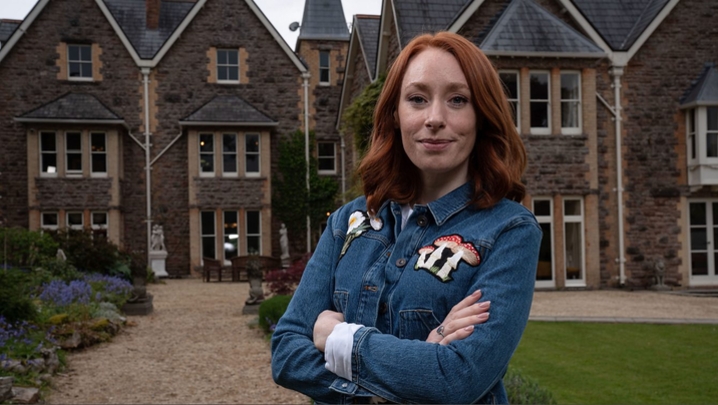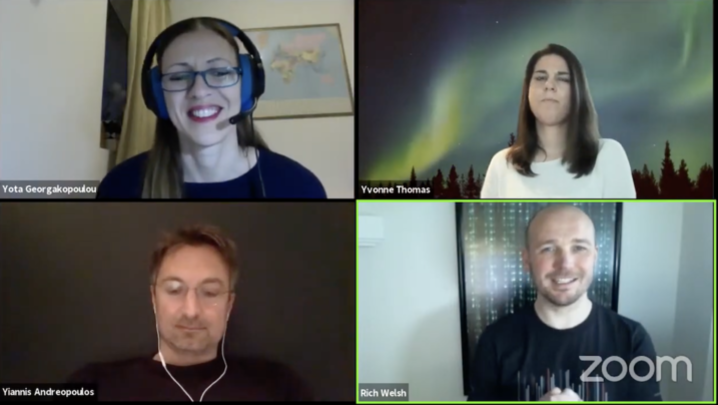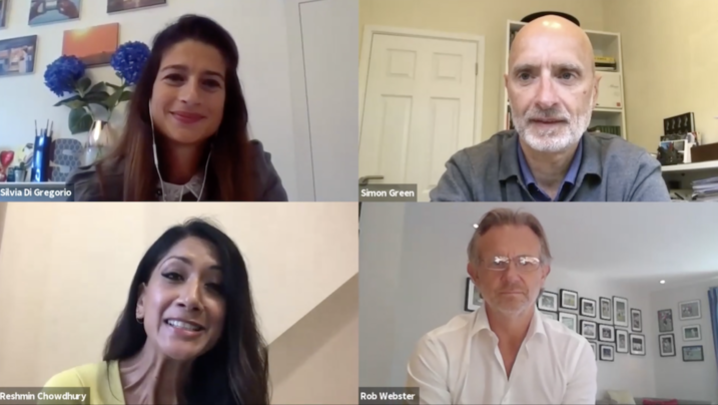The Covid-19 pandemic has driven technological innovation in TV newsrooms as many staff work remotely, doing tasks that were once believed to require professionally equipped broadcast studios. It has also caused audiences for broadcast news to surge as people seek out trusted information.
But once the pandemic ends will these changes remain? This was debated at a RTS Thames Valley session in late February, “Will news ever be the same again?”
Session chair Simon Morice highlighted how innovative news services available on YouTube such as the US podcast Too Long; Didn’t Read were breaking the mould and offering what he described as “authentic voices” to young people who tend to shun mainstream TV news bulletins.
He said: “On Too Long; Didn’t Read, a guy called Jack Kelly creates explainer videos and they seem to go down every well.” The service is funded by a mix of advertising revenue and crowdfunding.
“There does seem to be a substantial wave of these sites – channels that are growing and thriving,” added Morice.
However, Glen Mulcahy, a former head of innovation at RTÉ, questioned if these initiatives provided the kind of trusted, regulated news that public service broadcasters have been praised for during the pandemic.
He said: “I’ve looked at the service and the quality of the production is exceptionally good – extremely well considered editorially and balanced.
“The problem is there is no editorial oversight – so, if tomorrow he gets a sponsorship deal that he doesn’t declare, his editorial line could go way left of centre and no one is going to call him out on it.”
As the Trump era had shown, unregulated news services that lack impartiality rules have, according to commentators, widened divisions in US society and coarsened public debate.
On technological innovation, Mulcahy and fellow panellist Guy Pelham, an ex-senior editor at BBC News, were more upbeat.
“The pressure of the pandemic has forced innovation in the same way as a war does,” said Pelham.
“The usual arguments and the endless bloody meetings disappear because you’ve just got to get it done.”
He cited a recent example of a reporter, camera operator and producer based respectively in Europe, Asia and Africa who all went together to film a story in Africa.
On their return to their homes, they were able to collaborate and assemble several pieces for TV, despite living long distances apart in different time zones.
“That sort of thing won’t go away. The scales have fallen from people’s eyes,” said Pelham, who predicted that the spike in viewing for traditional TV news services would end once the health crisis is over.







